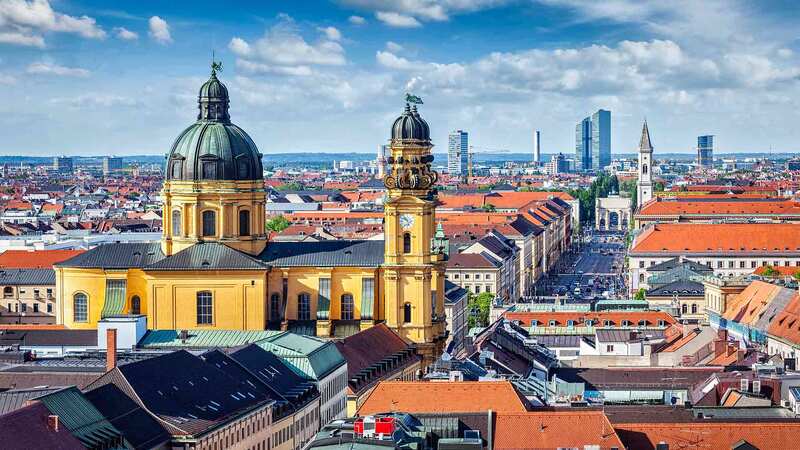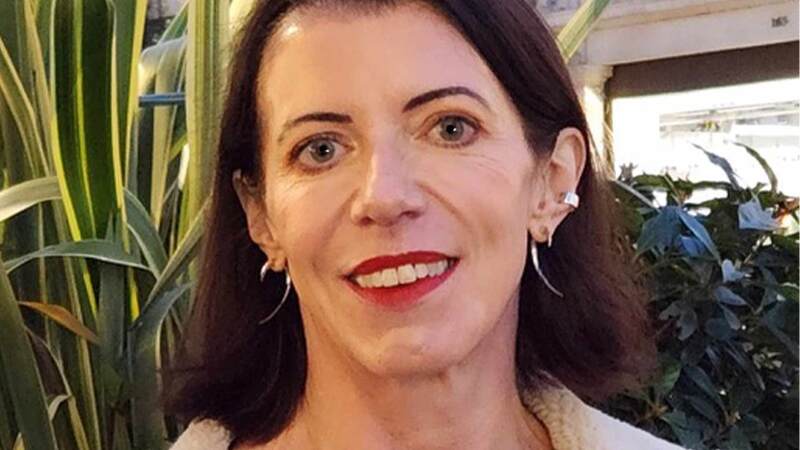You are viewing your 1 free article this month. Login to read more articles.
As Ukrainian publishers strive to survive, here’s how you can help
Distributing Ukrainian-published titles and organising collaborative projects are just two of the ways the international publishing community can lend support.
This month, three Ukrainian media organisations have expressed the ambition of becoming the biggest cultural platforms in the country.
Tweets by literary critics (see below) have attracted international attention, stimulating sales of Ukrainian prose.
Zhadan helps the reader to understand that there is something to stay for in your home place, even if its history is complicated.
— Bohdana Neborak 🇺🇦 (@BohdanaNeborak) May 7, 2022
In his prose, there is no nostalgia. Zhadan discovers how Soviet past influences Ukrainian present.
A new contemporary art gallery is opening in Lviv. A Ukrainian educational project, Litosvita, is launching an online course for editing. And our team held a book presentation that gathered more people than we had during our previous five years of public activity, discussing a project for revitalising the city library with the city council. And one of the most progressive small presses in Ukraine, Babylon Library, discussed the number of books conceived by the war. How many wouldn’t have appeared if people weren’t fighting?
Yes, it’s the 74th day of the Russo-Ukrainian war; and our cultural scene is very much alive.
Meanwhile, the Ukrainian Book Institute surveyed 188 Ukrainian publishers. The results are disappointing: 19% of employees are not yet in a safe place, and nearly 30% of publishers have partly or entirely lost their productive powers. Apart from that, only 32% of publishers surveyed are able to carry on with their daily activities, and 39% are unable to do anything at all. Accordingly, only 29% can work in part – either through editing, translating, designing, working with authors or producing layouts, conducting information projects or creating books. This data expands our understanding of the precarious state of the industry, adding to research by Chytomo, which I referenced in my last article.
One Ukrainian publisher, Anton Martynov—the curator of publishing organisation Laboratory and a former director of the most prominent Ukrainian publisher, Nash Format—believes that the war has thrown our book industry 15 to 20 years back into the past, with an average salary coming in at $200. This is all alarming news for the future of the trade here. Another problem is staffing, which is becoming ever more problematic. Due to lack of funding and reduced turnover, professionals are being forced to seek employment in other fields. Some colleagues have moved to other countries and continue working there, but this work is not always connected to Ukrainian publishing. This way, the heart of our publishing culture – its people; its publishers, writers, and translators—is in danger of dying in this war. All the displacement, ruined plans, and upset professional ambitions: isn’t this just another form of repression?
When I’m asked how the international community can help us, I have a ready response—a request for publishers and booksellers to help with the distribution of our titles in English. It would be huge for us if our books appeared on the shelves of British independent bookshops
But I started this article more optimistically, and I hold onto hope. All the bright cultural actions we see happening around us are rooted in our people’s inner power, self-organisation, and energy to move forward even in the most challenging circumstances.
I found out that in military psychology, such periods are called euphoria. Yes, the monument to Taras Shevchenko, the national symbol and the writer, is being shelled. The museum of the prominent philosopher and poet Hryhoriy Skovoroda, that was scheduled to celebrate his 300th anniversary, is being burnt down. But we, in turn, are finding the strength to stand our ground. Of course, our moments of euphoria are inevitably followed by less positive phases. To survive the latter, we need financial planning and an understanding of our possible sources of income.
I see the support coming out of the international community for the big publishers in Ukraine. For instance, a Polish grant has been set up for Ukrainian publishers with no less than 50 titles and five years of work. At the same time, I understand how difficult the situation is for more experimental, independent publishers. Speaking from the inside, I must say that all of us niche publishers are searching for new opportunities to work. For example, їzhakultura, a company focused on gastronomic culture, is planning to sell its books on Amazon, while Booksha—a publisher previously specialising in photography—is working on a book archive collating memories of the invasion.
Personally, I’d like to initiate a small distribution project with colleagues from other small presses by collecting titles in English for a UK audience.
Writing letters to bookshops with proposals for co-operation is not always very effective, so instead we’re asking our counterparts in England to lobby for niche Ukrainian publishers’ interests. It’s early days—we are only now preparing our catalogue of these books and trying to solve the logistics. Still, when I’m asked how the international community can help us, I have a ready response—a request for publishers and booksellers to help with the distribution of our titles in English. It would be huge for us if our books appeared on the shelves of British independent bookshops.
Another avenue for support is in collaborative publishing projects. Given that production is currently a very complex process in Ukraine but that there are ideas and specialists ready to work, there is plenty of collaborative book publishing with international publishers that could be interesting for both sides.
And finally, financial aid is always welcome in the form of book orders. For Ukrainian publishers, every ordered book is an act of hope and solidarity as we strive to plan the future of our work.
I will conclude this column with an event that I mentioned earlier, one which caused sincere surprise and admiration. I’m talking about the presentation of our new book, published during the war, The Conversation on Architecture, by Oleh Drozdov and Bohdan Volynsky. We began the launch in the concert hall of the National Lviv Academy of Arts. We had hired a cameraman and prepared a projector so an editor could Zoom in. There were around 150 guests, more than usually go to our presentations in peacetime—and when they came, they immediately started buying books. We sold almost everything we had brought with us. Then the event started—but five minutes after my introductory speech, an air-raid siren went off.
For the past 74 days, all Ukrainians have needed to carry an emergency suitcase wherever they go, in case they need to divert to a bomb shelter; usually there are a couple of minutes to get there before the missiles strike. So we quickly got up, went to a bomb shelter and continued the event. The authors talked about Ukrainian architecture and how to reconstruct our cities, post-war. I am still struck only by the fact that we had architects talking about how best to rebuild cities, while at the same time we were being shelled.
The conversation lasted around two hours. For almost all of this time a siren sounded and the missiles fell on Ukrainian cities—including my neighbourhood in Kyiv.
Translated from Ukrainian by Daša Anosova.


















